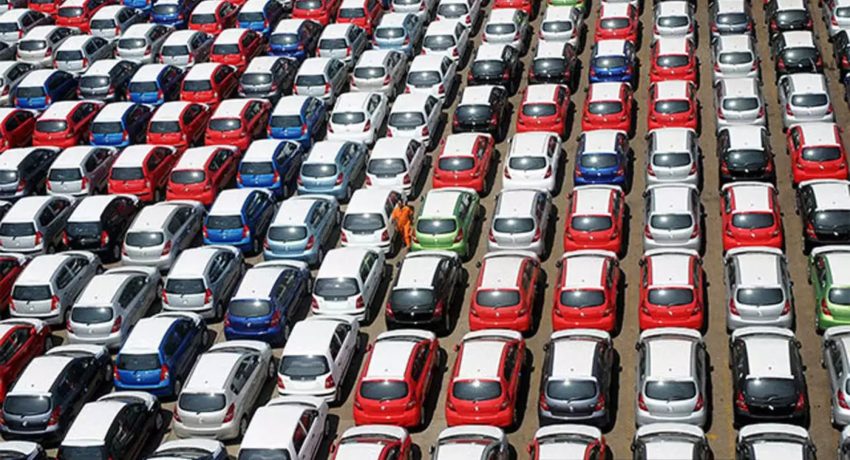Global Automobile Count
With the rapid growth of population and urbanization, the number of automobiles worldwide has witnessed a significant surge in recent decades. Understanding the global automobile count is not only essential for assessing transportation needs but also for evaluating environmental impacts and shaping future policies.
Current State of Automobiles Worldwide
As of recent data analysis, there are approximately 1.4 billion automobiles traversing the roads of our planet. This vast fleet encompasses a variety of vehicles, including cars, trucks, buses, and motorcycles. The distribution of these automobiles is not uniform, with some regions boasting higher vehicle densities than others.
Factors Influencing Automobile Count
Several factors contribute to the proliferation of automobiles worldwide. Economic prosperity, urbanization, and infrastructural developments play crucial roles in driving the demand for personal and commercial vehicles. Additionally, cultural preferences, government policies, and technological advancements influence the adoption and usage patterns of automobiles across different regions.

Impact on Environment and Sustainability
The exponential growth of automobiles has raised concerns regarding environmental degradation and sustainability. Vehicle emissions contribute significantly to air pollution and greenhouse gas emissions, exacerbating climate change and posing health risks to populations. Addressing these challenges requires a multifaceted approach, including the promotion of cleaner fuels, adoption of electric vehicles, and investment in public transportation infrastructure.
Future Projections and Challenges
Despite efforts to promote sustainable transportation alternatives, the global automobile count is projected to continue rising in the coming years. Rapid industrialization in emerging economies and increasing consumer demand for mobility are expected to drive this growth. Addressing the associated challenges, such as congestion, pollution, and resource depletion, will require innovative solutions and collaborative efforts on a global scale.
The global automobile count serves as a barometer of societal progress and economic development. While automobiles have revolutionized transportation and fueled economic growth, their proliferation poses significant challenges to environmental sustainability and public health. By embracing technological innovation, promoting sustainable practices, and fostering international cooperation, we can navigate towards a future where mobility is efficient, equitable, and environmentally responsible.

MG EV Car
The MG EV car represents a significant milestone in the automotive industry’s shift towards electrification. Offering zero-emission driving without compromising performance, comfort, or style, MG EV cars are gaining traction among environmentally conscious consumers and forward-thinking urban dwellers. With advancements in battery technology and charging infrastructure, MG EV cars are poised to play a pivotal role in shaping the future of transportation, ushering in an era of cleaner, greener mobility.
Mubarak Auto Spare Parts
Mubarak Auto Spare Parts is a trusted name in the automotive aftermarket, renowned for its extensive inventory, quality products, and exceptional service. Catering to the needs of vehicle owners, mechanics, and automotive enthusiasts, Mubarak Auto Spare Parts offers a comprehensive range of genuine and aftermarket parts for cars, trucks, and commercial vehicles. With a commitment to excellence and customer satisfaction, Mubarak Auto Spare Parts continues to be a preferred destination for sourcing automotive components and accessories, ensuring optimal performance, reliability, and safety on the road









